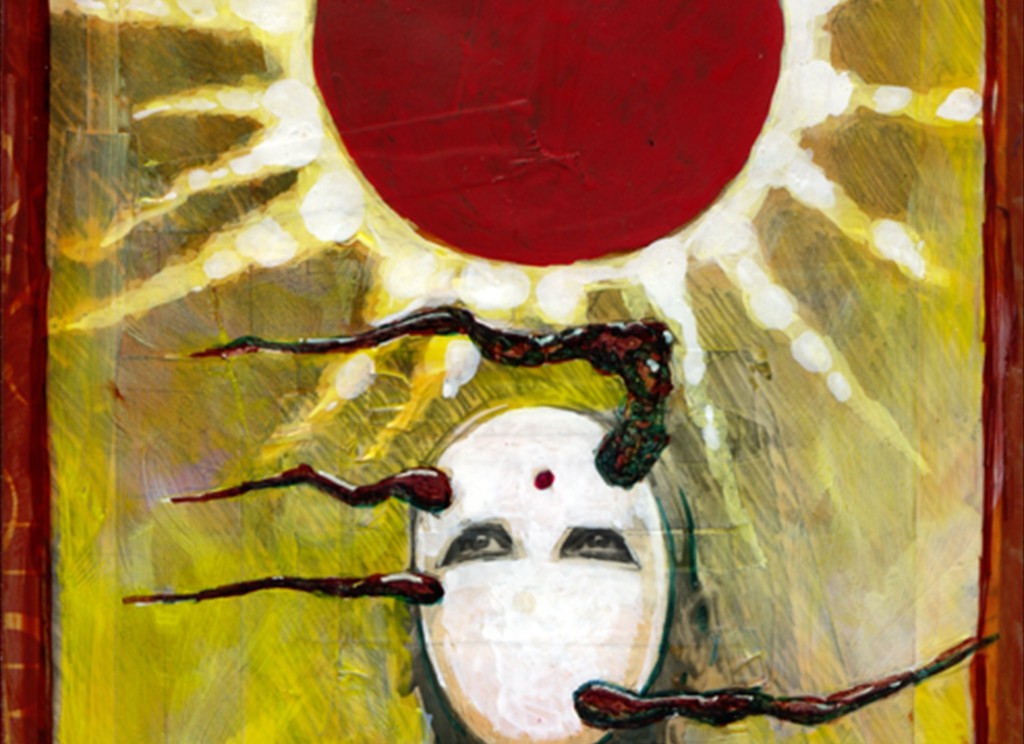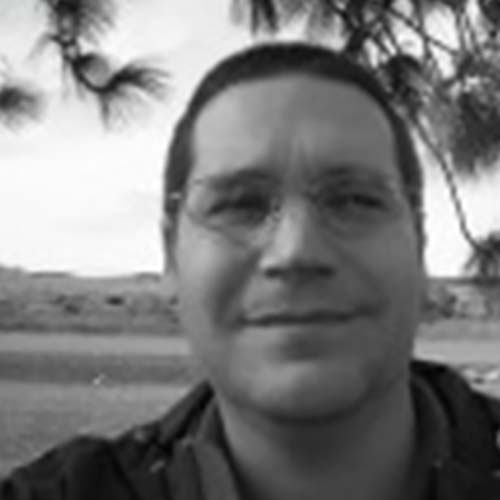April 17
He visits a sunset from his childhood. The dollop of flame-hungry orange eats one segment of the horizon and, from his perspective, seems to hang above the distant tree line and wait for the day to acknowledge itself, its end.
It is a slow summer day, the kind that lasts forever to a child.
Such is the memory as he dips the nib of his pen in the inkwell and scratches out another line on another page in the tablet. His hands don’t shake when he writes.
Of that much he is certain.
For now his mind remains clear, and he finds himself bedded between strings of equations and a tumbling set of thoughts for a speech.
But for a little violin. . . Even if the nurse could somehow manage to bring a record player for some Serenade No. 13, oh, that would be nice indeed.
***
1902
Sun and moon and stars dance with precision and certainty. It is a most Swiss trait, and the clocktower at Bern, the most Swiss of clocks. He has counted the paces on his way to work at the patent office. Converted them to meters. In his mind’s eye he views the interconnected cogs and gears and springs. Because of these and his measured paces, he knows how fast he walks. Hands move against an implacable face, and he imagines, yes, as the face of God could be as the universe spins against His own.
***
April 17
His eyes flicker-flutter beneath heavy eyelids. A lifetime of dreams populates that inner darkness and illuminates it in bursts and winks like so many stars and spiraling galaxies.
In this sleep, knit up from care, he smiles. Somewhere must be a single equation for this all.
His hand traces weak signs over the bedsheet.
The memory will be there when he wakes.
***
1902
Some things are not predictable such as getting a university teaching position. Some things are predictable such as a shift in a cold office, looking at patents. Numbers for them all. Strings of them.
He will write later, much later. But his mind finds liberty in the monotony as images gyre through it. Gamboling Gedankenexperiments. For now, though, it is to review patents. Outside, light slants and slices in perilously slow arcs. He checks his watch. What rides the caesura between seconds?
The clock face doesn’t move. He checks his pocket watch. All stills. He has become the space and breath—the breadth, even—between each tick. He turns his face like a flower following the sun and squints under the spray of light eight minutes in its flight to his eyes.
He cannot get home in time to write the equations, so they stream through his mind’s eye, and he holds them, covetous of them as he was with the compass as a boy.
***
April 17
The day has gone fast and slowly. Page after page—scritch of a pen’s nib. The ubiquitous tick of the clock. Swish of another tablet-page turning. Could he reconcile all theories? Unify all in one point?
He could.
One atom.
Yes.
A planet.
Even position and speed, elusive and illegitimate dice that they are.
Perhaps there was absolution or reconciliation, like the price of one of four papers, or a prize.
One good paper. One last. If only another annus mirabilis.
Not yet.
He continues writing, but for a time the dance of mathematical certitude escapes him for a bastard child. He leaves off the conjecturing and returns to another piece of work.
If not the equations, then the speech.
***
1904
Music draws him out, helps him find the resonance in himself to reach out, even embrace the sounds. Their waves. He thinks it fitting that he finds comfort and inspiration at the curious intersection of his thoughts in some violin. Fixed beats within the metronomic arc. He could allow himself immersion during play. He has latitude for Gedankenexperiments during this time. His mind enters a fugue state of churning clock faces and arrow-straight compass needles while time stands still.
***
April 18
The heart strains. Thoughts unspool. An infinity of positions reveals itself, and he allows himself a chuckle, “Ah, Werner, you rascal.”
A universe spins out of a strange dance of speed and position and bleeds from all things in all times with the cyclic power of quanta against the face of the outer darkness. . .
Time now?
“Yes.”
Now.
“Time.”
Write against the face of the deep while vision dims and thins to a single point stretching. . . Pointing true. . . Falling happens while standing still. Falling up with a gasp.
***
1884
“Papa, danken Sie für den Kompass Ihnen. Danke. Danke.”
That invisible yet confirmable dance of magnetic fields fascinates him as he holds the new compass in his palm. No quick turn or spin or tumble would ever disturb the constancy of the poles and that waggling needle, so soon calmed. He feels there are only so many concepts upon which one might depend. But what pulls the compass needle from across the whole world?
For most of that day he loses himself in the compass and the world.
“Albert, Zeit für die Violine Lektion!”
He turns to go in, and the compass needle quivers. It realigns. The motion reminds him of the awaiting metronome. He wishes he could practice the piano today, but the violin will suffice. Perhaps some Mozart.
***
April 18
Light enfolds him like the sheets. His hands have become too heavy, limbs dense in a fissile life wrapped in plumbum.
It would be like this, he thinks. This. And today has come and gone like all our yesterdays.
It persists.
***
April 18, 1919
The light dims by degrees, and he finds himself falling backward, grabbing the bedsheets and hoping the equations might slip onto them and provide him certainty in these upended moments.
It could have been 1919.
The corona fluxed and bent and, yes, he proved to himself and to everyone via a parade of integers and coefficients arced from old Newtonian darkness what even such constants as light must obey near the greater bodies of space.
The nib goes dry, the inkwell nearly empty.
Time for just one last Gedankenexperiment.
And . . .
Danke, Vater. Danke.
What slips the cogs of gravity save some spray of breath, some quanta loosed from behind glazing pupils in a light-dance across the edge of one final eclipse?
For against the face of the deep, there is but one end amid all these beginnings.
***
–In memoriam A.E.
 Berrien C. Henderson lives in the deepest, darkest wilds of southeast Georgia with his wife and two children. He teaches high school English, is a long-time martial artist, and has a big geeky spot in his heart for literature, speculative fiction, and comic books.
Berrien C. Henderson lives in the deepest, darkest wilds of southeast Georgia with his wife and two children. He teaches high school English, is a long-time martial artist, and has a big geeky spot in his heart for literature, speculative fiction, and comic books.




